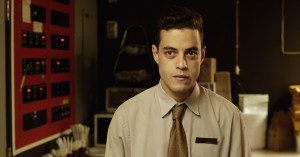Rachel Weisz & the Dead Ringers Cast on Putting a Frightful Female Spin on David Cronenberg’s Classic
Weisz's Mantle twins are double ob-gyn trouble in this series adaptation of the 1988 horror film.
In Dead Ringers, Amazon’s high concept remake of David Cronenberg’s 1988 psychosexual thriller, Rachel Weisz stars as famed OBGYN doctors Elliott and Beverly Mantle. The six episode series follows the Mantle twins as they pursue their dream of bringing women’s health into the 21st century.
“We wanted to kind of talk not just about fertility, but about childbirth, and about the whole maternal health care system,” show creator Alice Birch told Rotten Tomatoes about the Prime Video series. “I’ve not seen childbirth, or maternal health care depicted on screen, really. I was interested in finding a way to tell that in a way that was exciting, and cinematic, and hopeful, and beautiful.”
The series also stars Britne Oldford, Poppy Liu, Michael Chernus, Jennifer Ehle, and Emily Meade.
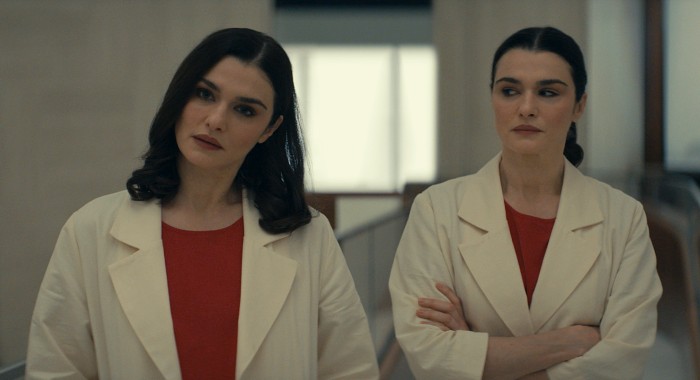
(Photo by Niko Tavernise/Prime Video)
Aside from the sisters’ toxic codependent relationship (in which they share everything from drugs to sexual partners), the duo face hurdles in achieving their medical goal; there’s the conflicting politics of their profit-focused investor and ongoing struggles of maintaining their personal relationship, all while continuing to bring babies into the world. And it’s that productive/destructive dynamic that drives the story being told.
Childbirth is raw, emotional, visceral, and messy. Dead Ringers covers those bases, and then some. The original movie found the Mantle twins (played by Jeremy Irons) as the owners of a fertility clinic, where the healthcare of their female patients is hardly explored. Updating that subject matter for the series, which was brought to Amazon thanks to an idea by Weisz, opens the door to explore these topics in a way that’s as thought provoking and respectful as it is downright upsetting.
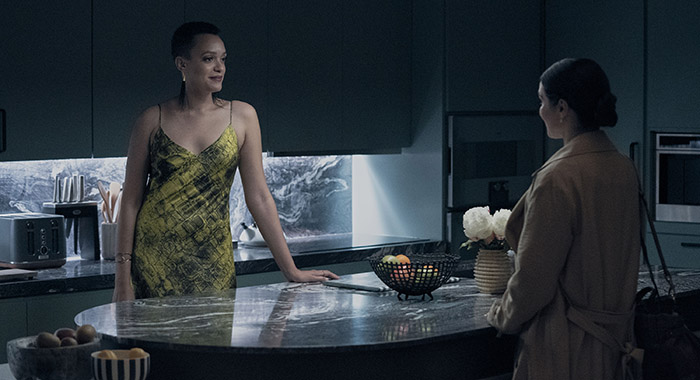
(Photo by Niko Tavernise/Prime Video)
A big source of the program’s conflict comes in the form of Genevieve (Oldford), a television actress who forges a relationship with Beverly. It’s a bond that represents growth for Beverly, while threatening all that Elliot holds dear. Similar to the story from the movie, Genevieve is the catalyst for change.
“[Genevieve] is an adult woman who is not living in psychological dysfunction,” Weisz explained. “She really sees what’s beautiful about Beverly. She’s never been seen like that by someone who’s that healthy, psychologically. It’s Beverly’s first opportunity at love and intimacy with someone other than her sister.”
Birch said he didn’t speak with Cronenberg about this adaptation, but wardrobe and set design choices, as well as a story details, give nods to the iconic filmmaker.
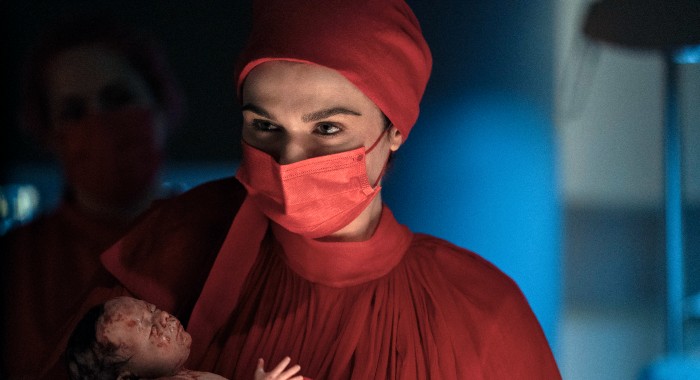
(Photo by Niko Tavernise/Prime Video)
Aside from Sean Durkin (Martha Marcy May Marlene), who serves as an executive producer and directed the first two episodes and co-directed the last episode of the series, the program’s directing team was comprised entirely of women: Karyn Kusama (Jennifer’s Body), Karena Evans (P-Valley, Snowfall), and Lauren Wolkstein (A Friend of the Family, Y: The Last Man) took their turns behind the camera to bring to life the scripts that were churned out by the show’s all-female writers room.
Having a lack of input from Cronenberg allowed the mostly-female cast and crew to develop a new world where issues of bodily autonomy, consent, and medical ethics can be investigated from a female perspective, which will surely spur discussion, as will the body horror reminiscent of Cronenberg’s work that comes through in unexpected and disturbing ways.
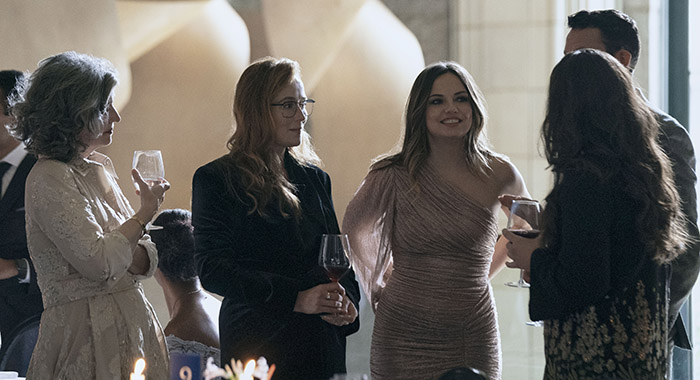
(Photo by Niko Tavernise/Prime Video)
The show’s complex morality play sees Elliott’s goal to advance the medical industry and gain fame clash with Beverly’s compassionate drive to help women. The introduction of Rebecca (Ehle, second from left above), the investor the duo gets in bed with to bring their shared dream to life, adds another layer to the push-pull between caring for people and making money.
“People don’t matter to Rebecca, at all,” Ehle revealed. “In her mind and her life, she has a very firm idea of the class system, and she’s at the pinnacle of it. People lower down really do matter less to her. Like Ayn Rand’s The Fountainhead, she believes that what she could make, what she could create, and what she could help other people create, is of far more value than most of the rest of humanity put together.”
Emily Meade, who plays Rebecca’s much younger girlfriend Susan, is part of the investor’s elitist inner circle. From body hacking to misogynistic views of the female body, the conversations that make up the scenes she’s in, show that, much like Rebecca, her skewed worldview is just as privileged and disconnected from humanity. Considering her line of work and involvement in childbirth (literally bringing more humans into the world), this dynamic was a challenging theme the actress was excited to explore.
“I think only something written and made by women could also have room for women being misogynistic or objectifying in their own way,” Meade said. “I think the layers of that and the honesty of that is really profound. It’s clearly made by women; there are nuances of the experience that a man just simply couldn’t make. And then that, in and of itself, gives more room for women to be assholes and to be scary.”
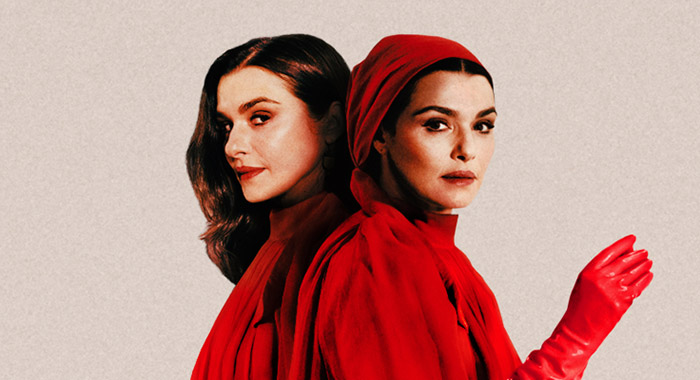
(Photo by Prime Video)
At the center of it all, though, are Beverly and Elliot Mantle. It’s their dysfunctional bond that informs the series, and connects each and every other character to their messed up journey. Beverly may be the empathetic entry point for audiences, but Elliot’s methodology brings the chaos.
“With Elliot, intimacy is radically unhealthy, codependent, and mean,” Weisz said.
Meade added: “Not every woman is born caring about other women, naturally. We are all still our own degree of good and bad.”



